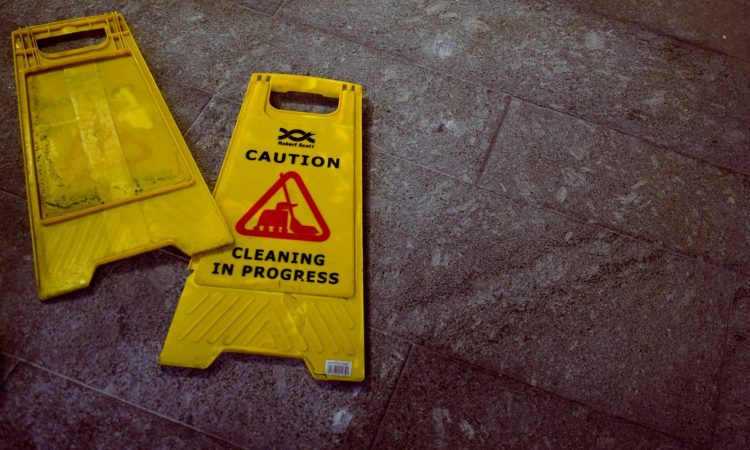
Should I set up a Trust as part of my Estate Planning?
Should I Set Up a Trust as Part of my Estate Planning?
Firstly, what is a trust? A trust is a fiduciary relationship in which one party, known as a trustor, gives another party, the trustee, the right to hold the title to property or assets for the benefit of a third party, the beneficiary. Trusts are established to provide legal protection for the trustor’s assets, to make sure those assets are distributed according to the wishes of the trustor, and to save time, reduce paperwork and, in some cases, avoid or reduce inheritance or estate taxes. In finance, a trust can also be a type of closed-end fund built as a public limited company.
Generally, we recommend, if you’ve inherited a large section of land or property or have purchased one that you’d like to pass onto your family in the event of your death a Trust can be a clever and efficient option to ensure your wishes are carried out. Trusts are notoriously very complicated we hope this blog helps to shed a little light on how they work.
What are Trusts?
A Will Trust or a testamentary trust is a provision within your Will to allow you to protect your assets through named Trustees, then at a time or event specified in the Trust assets can then be passed onto the named beneficiaries. In a nutshell, Trusts are a legal way for one or more people to benefit from an asset without being named as a legal owner.
How can a Trust protect my assets?
A trust can protect your property and assets in a number of ways depending on the type of Trust. In England and Wales, there are numerous main types of Trusts which impact the Trustees responsibilities, duties and interests and also how the Beneficiaries may receive capital or income.
The most common types of Trusts are:
- Bare Trust– Assets held in name of Trustees- Beneficiary can claim capital and income at the age of 18 in England and Wales.
- Interest in Possession Trust– the Trustee must pass on all Trust income to the Beneficiary as it comes.
- Discretionary Trust– where the Trustee is empowered to make specific spending decisions at their behest for the benefit of anyone listed a beneficiary.
- Mixed Trusts– Simply a combination of one or more type of Trust.
What is the difference between a Will and a Trust?
The most commonly asked question is the difference between a Will and a Trust, firstly a Trust can be part of a Will but a Will cannot be part of a Trust. Secondly, a Trust may not always give the Beneficiary a large lump sum all at once. Finally, a Trust may come with specific instructions, conditions or duties for both beneficiaries and the trustees. A Beneficiary may not example need to be a specific age or meet other terms and conditions in order to receive and assets held in Trust.
Trusts in England and Wales can be complicated and very time-consuming process, even more so once you add in the Tax Law side of it, at Hopkins we will walk you through the best course of action for your situation.
Why us?
If you have any questions about anything spoken about in this blog don’t hesitate to get in contact, simply use the enquiry form below or give us a call on 01623468468
Request a CallbackRelated Articles
-

Missed Diagnosis of Cauda Equina Syndrome: A Case for Medical Negligence
Cauda Equina Syndrome (CES) is a severe neurological condition that requires urgent medical intervention. A failure to diagnose and treat…
-

Stay Safe This Half-Term: A Guide to Avoiding Injuries During the Easter School Holidays
With the Easter school holidays just around the corner, families are gearing up for a well-deserved break from the usual…
-

I am a landlord and my commercial tenant is insolvent – what are my options?
For landlords of commercial premises, dealing with potential insolvent tenants can be a challenging situation as it involves both legal…